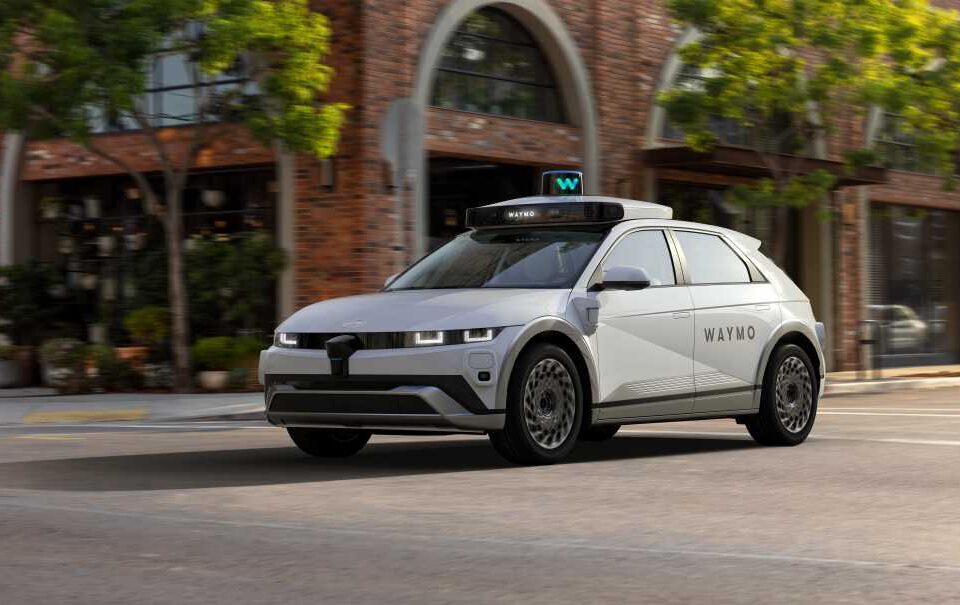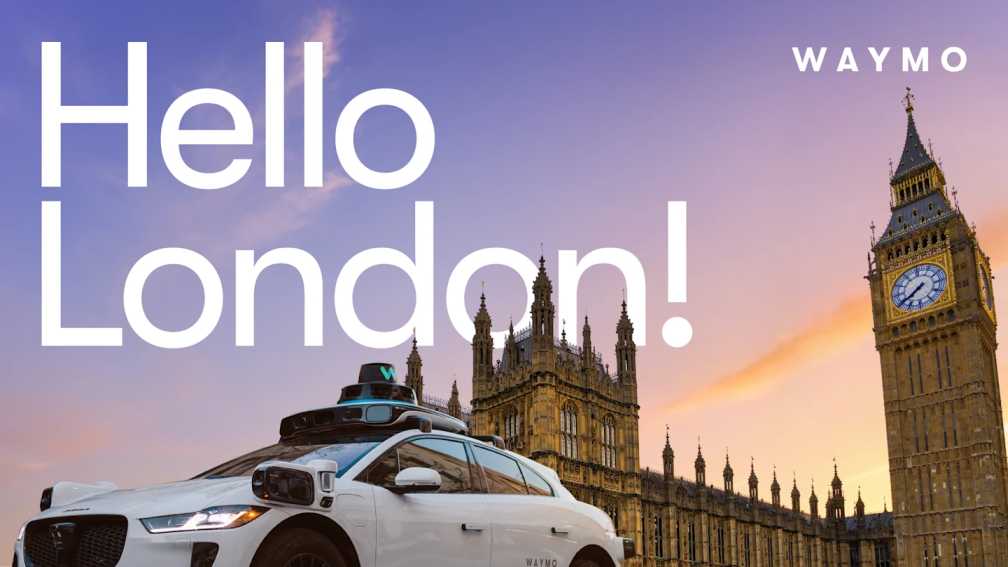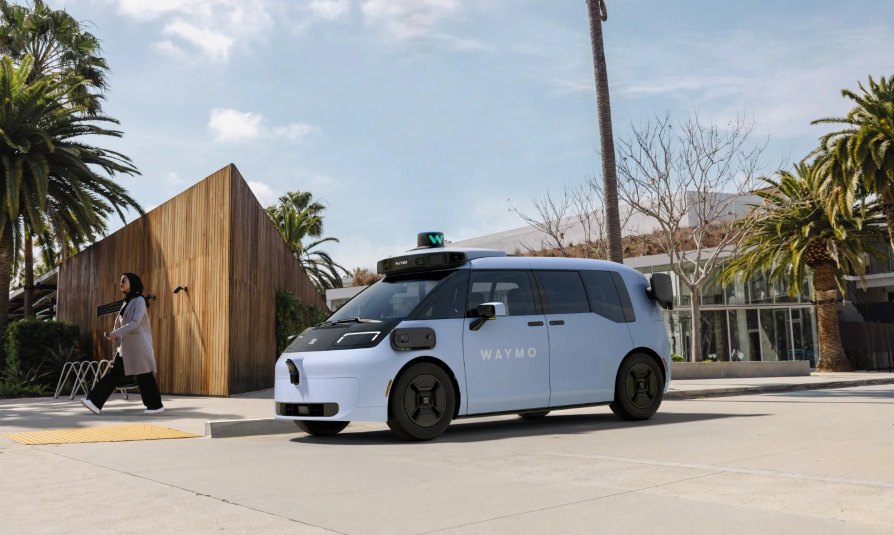Waymo to launch driverless ride-hailing in London, its first robotaxi market in Europe

Alphabet’s Waymo is heading across the Atlantic. The self-driving car unit behind Google’s parent company is bringing its driverless ride-hailing service to London — marking its first robotaxi launch in Europe and the latest sign that the autonomous race is heating up globally.
Waymo said on Wednesday it will begin test drives on London’s roads in the coming months with human safety specialists at the wheel. The company plans to open its full robotaxi service next year, pending approvals from regulators and local leaders. If all goes as planned, London will become Waymo’s second international market after Tokyo, where testing began earlier this year.
“We’re thrilled to bring the reliability, safety and magic of Waymo to Londoners,” Waymo co-CEO Tekedra Mawakana said in a blog post. “Waymo is making roads safer and transportation more accessible where we operate. We’ve demonstrated how to responsibly scale fully autonomous ride-hailing, and we can’t wait to expand the benefits of our technology to the United Kingdom. ”
From Phoenix to Piccadilly: Waymo to Begin Testing Driverless Taxis in London
For a company that’s spent more than a decade building and fine-tuning its autonomous systems, the London expansion signals more than geographic growth — it’s an entry into one of the most complex urban driving environments in the world. From narrow roads and erratic traffic to roundabouts and cyclists, London will put the Waymo Driver to a real-world stress test far beyond the sunny grids of Phoenix or Los Angeles.

Credit: Waymo
In the U.S., Waymo has been moving fast. The company now runs a commercial service in Los Angeles, Phoenix, San Francisco, Atlanta, and Austin, Texas. It’s also preparing to launch in Miami and Washington, D.C., and recently obtained permits to test autonomous vehicles with safety drivers on board in New York City. Across those cities, the Waymo One app handles more than 100,000 weekly trips, giving the company a lead in real-world experience few rivals can match.
In London, the fleet will consist of Jaguar I-PACE electric vehicles equipped with Waymo’s proprietary Driver system. The company already has engineering teams in Oxford and London and plans to partner with Moove to manage operations and vehicle maintenance. Moove, a mobility startup backed by Uber, provides financing and support services for ride-hailing drivers and companies, including vehicle cleaning, minor repairs, and EV charging.
The timing of Waymo’s expansion aligns with the U.K.’s push to attract self-driving investments. In June, the government introduced an accelerated framework for commercial AV pilots, part of its effort to attract global companies to the country. London’s “Vision Zero” initiative, which aims to eliminate all serious traffic injuries and deaths by 2041, also fits neatly with Waymo’s pitch of safer roads through automation. The company says its system “is involved in five times fewer injury-causing collisions, and twelve times fewer injury-causing collisions with pedestrians compared to humans,” based on its own data.
Waymo’s autonomous vehicles have already logged more than 100 million fully driverless miles on public roads and completed over 10 million paid rides to date. Those numbers have helped strengthen its position in Alphabet’s “Other Bets” segment, which brought in $373 million in revenue during the second quarter, despite posting a $1.25 billion loss. Alphabet will report its third-quarter results on October 29.
Waymo isn’t alone in targeting London. Wayve, a U.K.-based startup backed by SoftBank and Microsoft, is preparing its own robotaxi pilot in the city next year. Unlike Waymo’s lidar-and-radar-heavy approach, Wayve is betting on camera-based systems that rely on end-to-end AI — a strategy closer to Tesla’s vision for autonomous driving.
For now, Waymo remains the clear frontrunner in the U.S. robotaxi market, and its move into London signals a growing ambition to replicate that success abroad. From Phoenix freeways to Piccadilly’s tight turns, the company’s next chapter will test whether its autonomous technology can handle one of the toughest cities on Earth — and convince regulators, riders, and skeptics that the driverless future is ready to roll.





